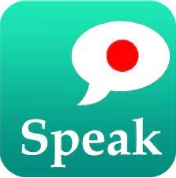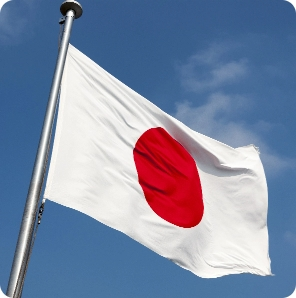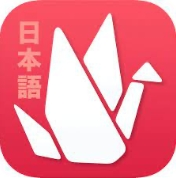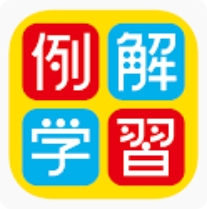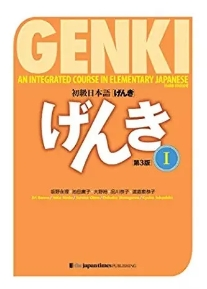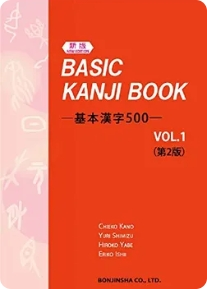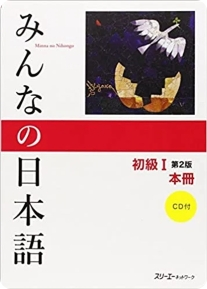Due to Japan’s high quality of life and tremendous influence globally, nowadays, many people want to learn Japanese. And we don’t blame them.
Over the years, this Asian giant has become the cradle of a technologically advanced society, a fascinating history, respectable values, time-honored traditions, world-renowned industries and academic prestige.
But sadly, not every learner manages to learn this beautiful language. As Japanese is radically different from English, most students give up, because they have no idea of where or how to begin.
And if you don’t want to be a victim of this problem too, we suggest taking a good look at our neatly organized list of the best Japanese learning resources to confidently start your journey.
The Ultimate Resource List For Studying Japanese
Now, we know what you’re thinking. Yes, there might be many resources to learn Japanese, but how will you find the best one for your study methodology?
Fortunately for you, we also thought about this problem too, and, of course, we came up with a solution. Rather than creating a list of loosely connected Japanese learning tools, we divided each resource into sensible categories to suit different learning approaches.
So, you’ll only have three objectives while reading this list. First, explore your options. Second, pick the most suitable tools for your needs and, thirdly, make sure to read the last paragraph to discover the secret to rapidly becoming fluent in Japanese. さあ行こう!
Best Blogs/Sites To Learn Japanese
Blog readers, however, might want to ditch the other categories and focus solely on this part of the list. As the title states, in this section, you’ll discover numerous blogs on how to learn Japanese. But don’t let the name fool you. There’s more than meets the eye. These blogs also pack other interesting details that go far beyond language or even culture. What are those things? Well, don’t waste more time and find out which are the best blogs/sites to learn Japanese below.
Best Podcasts To Learn Japanese
But perhaps, you’re tired of spending countless hours in front of a screen. And we completely understand you. Most people work, study and take breaks with the help of their cellphones, computers and tables. If you’re one of these people too, you’ll be happy to hear that there’s a way to learn Japanese while taking your dog for a walk, sunbathing on crystal clear beaches or cooking dinner: Listening to podcasts. Just plug in your headphones and get ready to study Japanese with these hosts.
- Learn Japanese Pod: This podcast is aimed at beginner students who need to learn conversational language. In each episode, the hosts will have a short conversation in Japanese about local culture and then break it down in English to give you a good idea of how to implement it. What's best, they include transcriptions and cover dozens of topics.
- JapanesePod101: Like the other option, these hosts also follow the interview format with tidbits about the Japanese lifestyle. However, it is not just dedicated to beginner students. Rather, their clear and crisp presentations are also aimed at intermediate and advanced learners.
- News in Slow Japanese: As the title implies, in this podcast, you’ll hear local news about manga, movies, humor and other topics in clear and precise Japanese. Additionally, you’ll also be able to access translations of the Kanji, and if you feel like challenging yourself, you can also choose to speed up the audio and test your listening skills.
Best Exams To Learn Japanese
Taking exams has numerous benefits. They are not only about measuring your level of knowledge. Exams force you to study harder and, in turn, learn faster than normally. Additionally, passing them also gives you access to an internationally recognized certificate which allows you to expand your professional and academic horizons overseas. In this particular case, there’s only one proficiency test that will allow you to work and study in Japan.
- Japanese Language Proficiency Test (JLPT): As of today, JLPT remains the only standardized criterion reference test to evaluate non-native speakers' Japanese abilities. It is divided into five levels and covers every single skill. What’s best, while the JLPT takes place only two times a year, it is not costly at all and does not expire either.
How to Boost Your Japanese Learning Experience?
Chances are that, by now, you’re eager to begin your Japanese learning journey. But before you pack your bags, we’ll give you one last piece of advice.
You see, all of these resources are highly useful, but they will not be enough to make you fluent in Japanese. If you really want to acquire bilingual skills in this language, you need something else, an expert in Japanese language, culture and pedagogy, namely, a native-speaking tutor.
Why so? For numerous reasons. To begin with, tutors will prepare a specialized program suited to your particular needs. They will also make you practice every single one of your skills, keep track of your progress, and on top of that, make sure you’re always motivated with the most engaging classes.
And where can you find them? Here! At Language Trainers, we pair you up with the most proficient Japanese tutors on the web. And what’s best, they can teach classes in your home, your office or online through Zoom, Meet or Skype.
Are you ready to start your trip? Send us a quick inquiry now, and we’ll get in contact with you soon. また近いうちにお会いしましょう!
